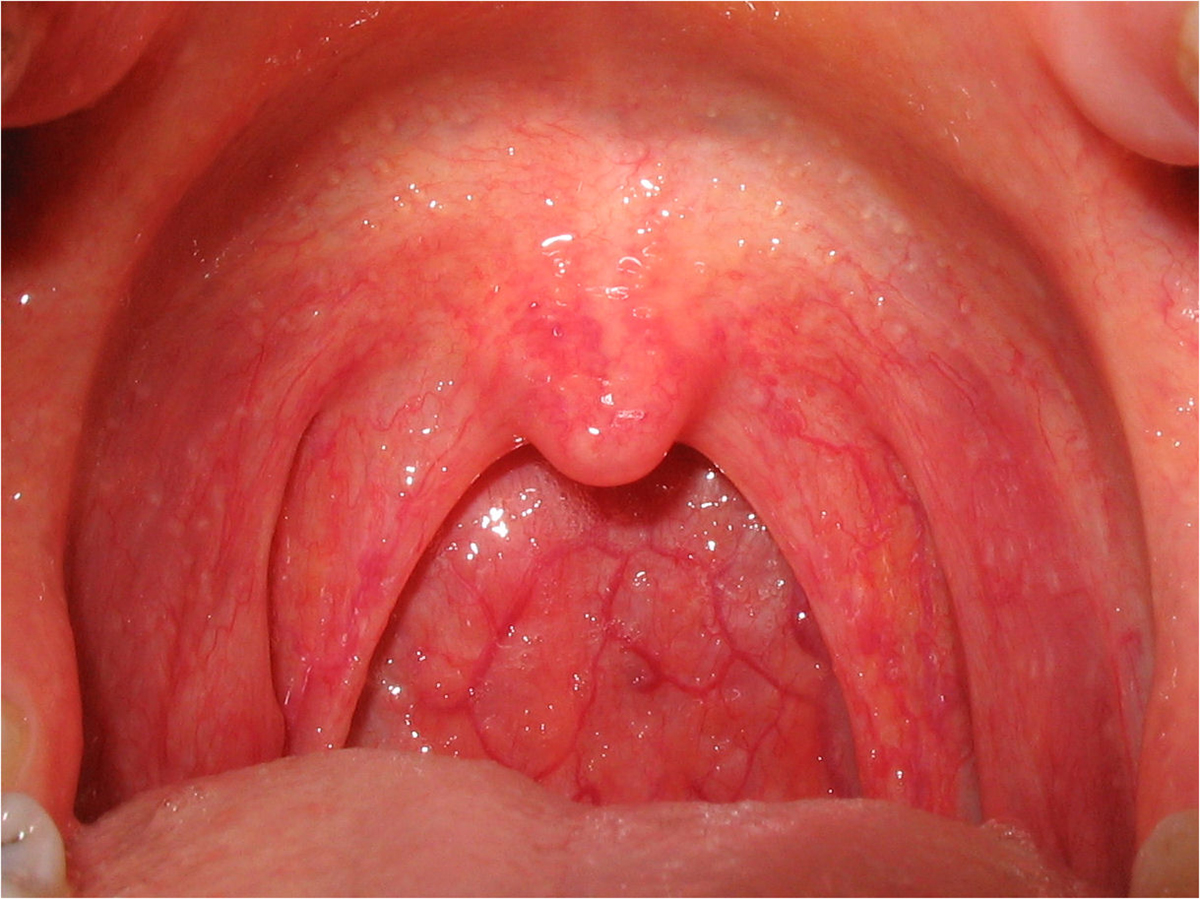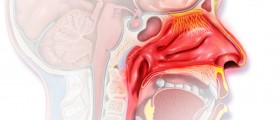
Quinsy is a form of pharyngitis in which the tonsils are inflamed. In all cases the tonsils will be inflamed but in some there are no symptoms that accompany the condition initially.
Symptoms
The a person has quinsy, their tonsils become extremely swollen and because of their size they often meet in the throat and obstruct the passage of food and air down the throat.
It is usually accompanied by headaches and soreness as well, these symptoms will usually appear before the disease manifests fully.
The main symptoms that show an oncoming case of quinsy are pain and redness in the throat while swallowing throat dryness and headaches.
It can also be noticed in many cases that the voice will change, taking on a nasal twang. A person with quinsy will also have problems with regular breathing, and they usually keep their mouths open wider while breathing in order to take in as much air as possible.
It will usually be a lot harder to swallow food when the tonsils are so swollen. Liquids can also be a problem not just solid foods.
The tonsils are first very red and swollen, though dry. Later the tonsils and back of the mouth will become drenched in secretion, which could contain blood as well.
The way a person tells that quinsy is the problem, is that the symptoms are generally much more sever and painful than in the case of a more regular and mild throat infection. The fever that accompanies the condition is often very high and there could also be pains in other parts of the body, not just the throat. Patients with quinsy also commonly experiences chills and vomiting.
It usually results from exposure to a normal cold, and it is most common in children and usually occurs in the months when weather is changing most drastically, in the spring and fall usually.
In the most sever cases the tonsil swelling is very extreme and it might have to be relieved by making an incision in the tonsils in order to help them decrease in size.
This operation is fairly simple but it needs to be performed by a trained doctor who has great experience in such matters.
Quinsy and diphtheria
Sometimes, quinsy can be confused with a similar condition known as diphtheria.
It is important, however, to make a distinction between the two for both the sake of the patient and people he or she interacts with. A person with quinsy can expect a much faster recovery than someone with diphtheria which is not only more severe but a lot more contagious.
















Your thoughts on this
Loading...